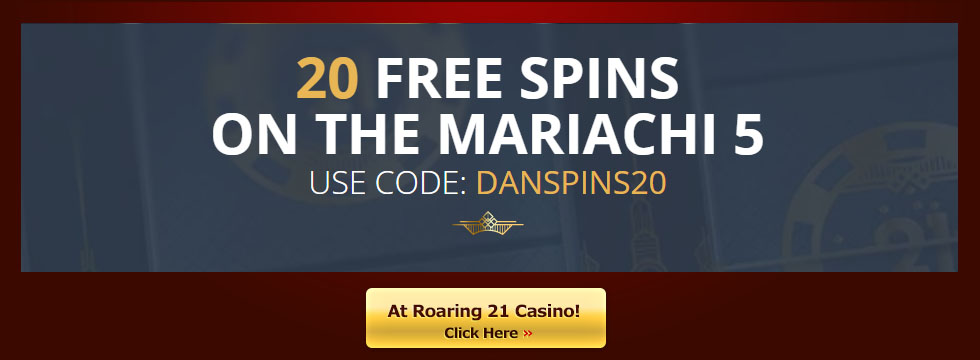Crash games are not built for patience. You see it in the pace. A few seconds of rising numbers, a line that won’t stop climbing—until it does. Some crash at 1.03x. Others climb above 50x. Players place small bets and dream big. But underneath all that noise, the only real control anyone has is how they manage the money they bring to the game.
Managing a bankroll here isn’t about long-term strategy in the traditional sense. It’s about resisting the urge to go all in after a near miss, or to double your stake after a win, or to think of any multiplier as personal. Because it isn’t. The multiplier doesn’t know you. It doesn’t care. And in a game this fast, the money disappears quicker than the logic behind the next click.

The Shape of the Stakes
Of all the variations in this category, the Aviator betting game has gained its own little following. Its interface is clean. It’s got that plane climbing across the screen, and a sense of shared experience—live players cashing out in real time. The tension is communal. And that has its own effect on how people bet. When others are cashing out at 1.40x and you’re holding out for 2x, it feels personal. When the crash comes early, it stings more.
That’s why, especially in the Aviator betting game, bankroll management becomes less about maths and more about mood. Some players use “stop-loss” numbers, others use cash-out thresholds. It’s not uncommon to see players cash out at the same multiplier every round—1.5x, 2x, or 3x—no matter what. The idea is to build consistency. Remove guesswork. Make the next decision easier, because the last one followed a rule. When the game is emotional, fixed systems can be a kind of relief.
The Money You Set Aside
There are players who split their crash sessions into ‘blocks’. Small fixed amounts for short runs—say, £10 for 10 games. Others pick a number and divide it into 50 equal bets. This kind of partitioning helps, if only to slow you down. It makes each decision feel more deliberate. Some even use alarms. Not for drama, but as a reminder to stop after a time or a limit. These aren’t grand strategies. They’re just signals. Nudges to keep things from becoming messy.
It’s rarely the big bet that empties a balance. More often, it’s the run of small ones. Dozens of little losses that add up, because you didn’t leave when you were still ahead. Or even when you were just breaking even. Bankroll management, in this context, isn’t about protecting winnings. It’s about staying upright.
When to Walk Away
There’s an old idea in betting that losses are temporary and recoverable if you just keep playing and keep your stakes low. With enough imagination, it can be applied to all sorts of betting from sportsbooks to casinos. But in crash games, where each round takes seconds and losses are sudden, this logic breaks quickly. Winning streaks don’t build in the same way. You can’t ride momentum. And chasing rarely ends well.
One useful approach is to decide what a ‘session’ looks like before the first click. Five rounds, twenty rounds, a set number. And once it’s over, close the tab. Not because you’ve hit a target, but because sessions need endings. Without them, you’re not managing a bankroll. You’re just waiting for it to run out.
A Game of Tiny Margins
One of the lesser discussed truths about crash games is that the difference between profit and loss often comes down to a second—or less. Cash out at 1.85x instead of 2.00x and you avoid a crash. Or you don’t, and suddenly you’re back to even. So bankroll management here isn’t just financial. It’s psychological. Can you accept a smaller win to avoid a total loss? Can you leave while ahead?
Some players create spreadsheets to track bets. Not because they plan to build a career from it, but because it helps to see patterns. Seeing how you played last Tuesday when your balance dipped can be a quiet reality check. There’s a lot of noise in crash games. Having quiet data of your own helps balance it out.
FAQs
Q: What is bankroll management in crash games?
A: It’s the practice of controlling how much you bet per round, setting limits for wins and losses, and knowing when to stop. It’s less about strategy and more about keeping sessions within bounds.
Q: What’s the appeal of the Aviator betting game?
A: It adds a visual and communal layer to crash games. The rising plane, live player cash-outs, and simple interface make it a standout variation in the genre.
Q: Can managing your bankroll actually improve your chances?
A: It doesn’t change the odds of a crash, but it can help reduce emotional decisions and protect your balance from vanishing too quickly.
Q: Is it possible to win consistently?
A: That depends on your definition of consistent. Some players manage short-term gains with strict cash-out rules. But all crash games carry the risk of sudden, total loss.







